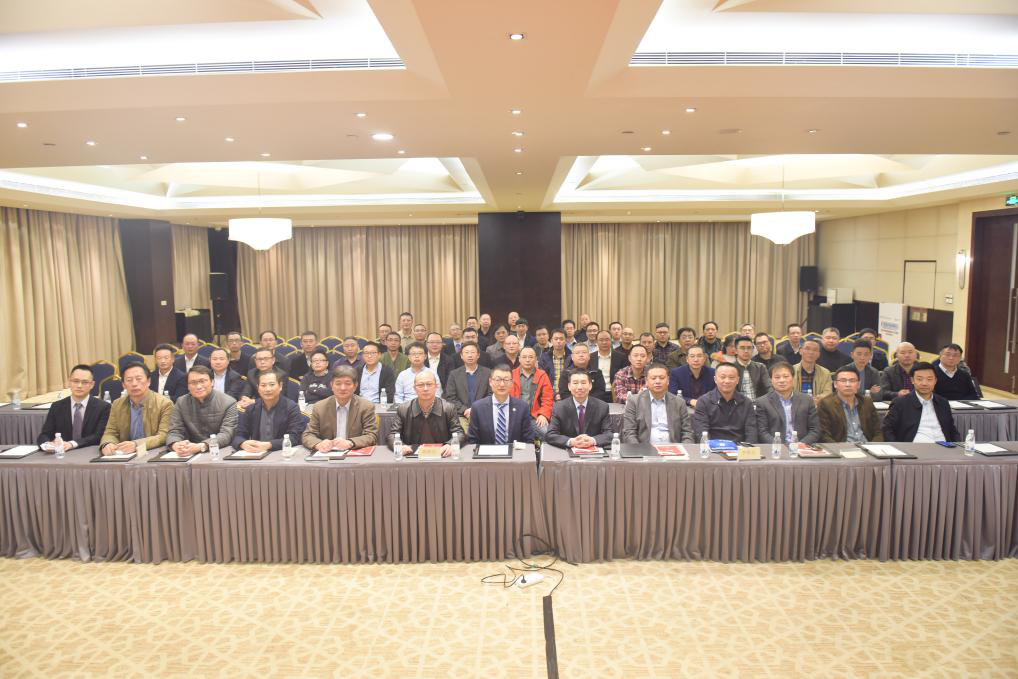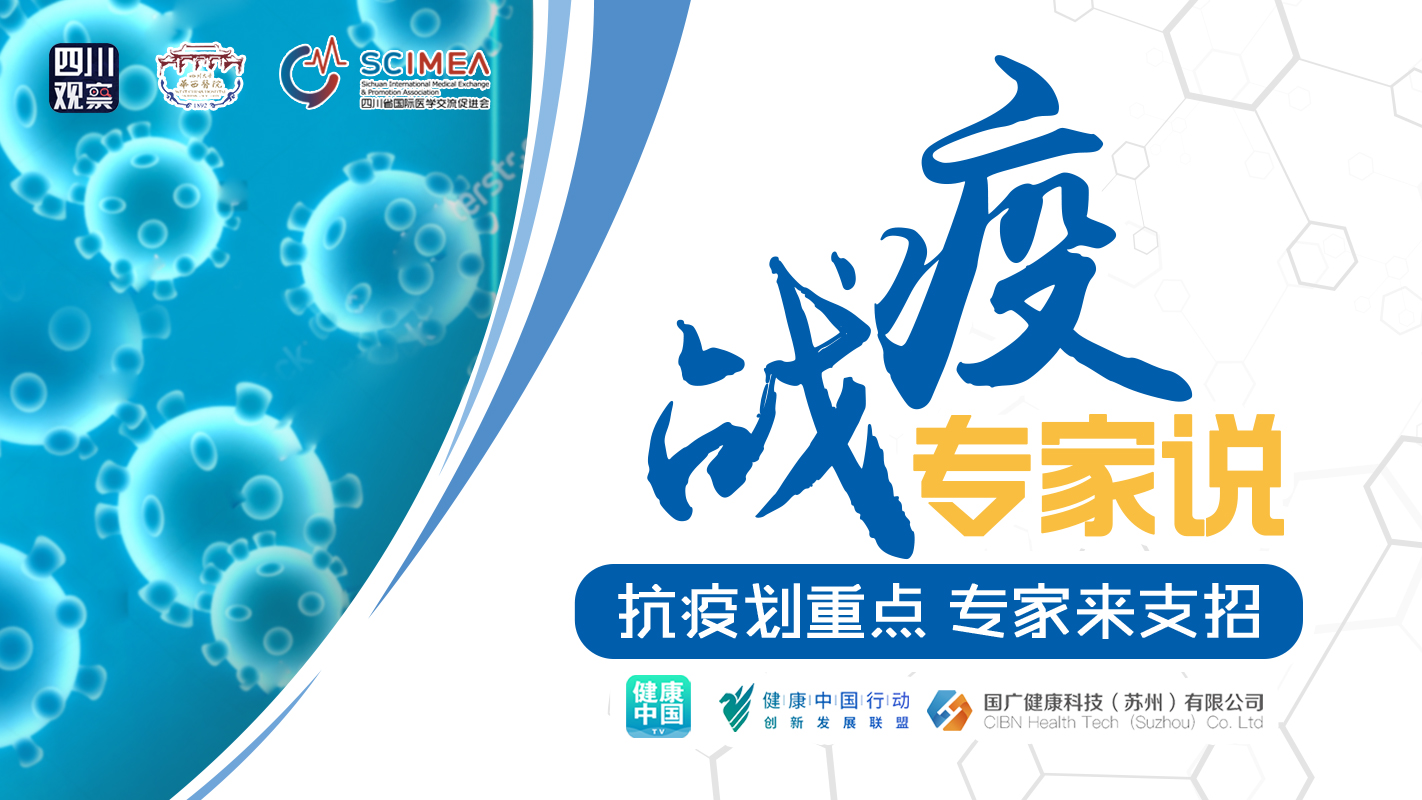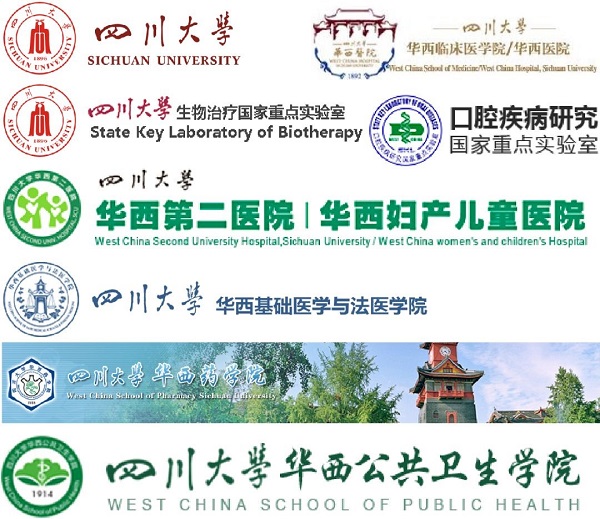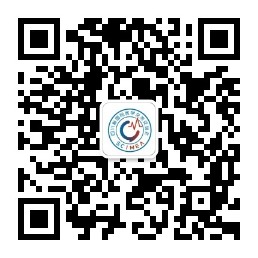This article is forward from Heart Valve Disease Interventional Therapy Team of West China Hospital.
Recently, the General Office of the Organization Department of the CPC Central Committee issued the Notice on Printing and Releasing the List of the Fourth Batch of National “10,000-Talent Program”. Due to a series of innovative and important contributions in minimally invasive treatment of aortic valve disease, Professor Chen Mao, director of Cardiology in West China Hospital, Sichuan University, and vice president of Sichuan International Medical Exchange & Promotion Association (SCIMEA), was selected as a leading talent in science and technology innovation of the national “10,000-Talent Program”.
The program of leading talent in science and technology innovation of the national “10,000-Talent Program” is one of the sub-programs of national “10,000-Talent Program”. It is a high-level talent support program with a wide range of fields coverage, many departments involvement and a long implementation cycle. It was jointly launched by 11 ministries and commissions such as the Organization Department of Central Committee, and Ministry of Human Resources and Social Security, which provides special support for outstanding talents, leading talents and young talents in the field of natural sciences, engineering technology and philosophy and social sciences in the country, aiming to speed up the training and cultivation of high-level innovative and entrepreneurial talents to give strong support for building an innovative country. The applicants shall be scientific and technological talents or scientific research management talents who lead major scientific research tasks, high-level innovation teams, lead national-level innovation bases and key discipline construction, and the research direction belongs to the key areas to be established by the national medium- and long-term science and technology development plan, which are of great innovation significance and development prospects.
Expert Introduction
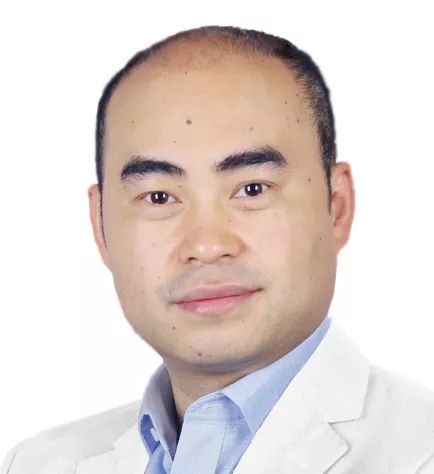
Professor Chen Mao
Director of cardiology, West China Hospital
Chief physician, doctoral tutor
Member of the Standing Committee of Chinese Medical Association Cardiovascular Branch
Vice president of SCIMEA
Chief member of the Cardiovascular Branch of Sichuan Medical Association
Cheng Mao is director of cardiology, West China Hospital, professor, and doctoral tutor. He is member of the Standing Committee of Chinese Medical Association Cardiovascular Branch, member of the Standing Committee of the Cardiovascular Physician Branch of the Chinese Medical Doctor Association. He served as executive chairman of the 2018 PCR-CIT China Chengdu Valves and Central and Western China Cardiovascular Diseases Conference, joint international president of the conference of PCR London Valves Conference and PCR Tokyo Valves Conference, and an expert member of ESC, PCR, TCT, CSI and other conferences.
In terms of scientific research programs, Professor Chen Mao is responsible for:
· Three National Natural Science Foundation programs
· One sub program of National 863 Program
· One key and special program for research and development in the 13th Five-Year Plan
· One program supported by Science and Technology Department of Sichuan Province
· One program in the Sichuan Provincial Youth Science and Technology Innovation Team
A total of more than 20 million yuan fund has been approved for his scientific research. As the first or correspondent author, he has had 70 SCI papers published in internationally renowned magazines such as Nat Rev Cardiol, Eur Heart J, JACC Cardiovasc Interv, etc., with a cumulative impact factor of about 300.
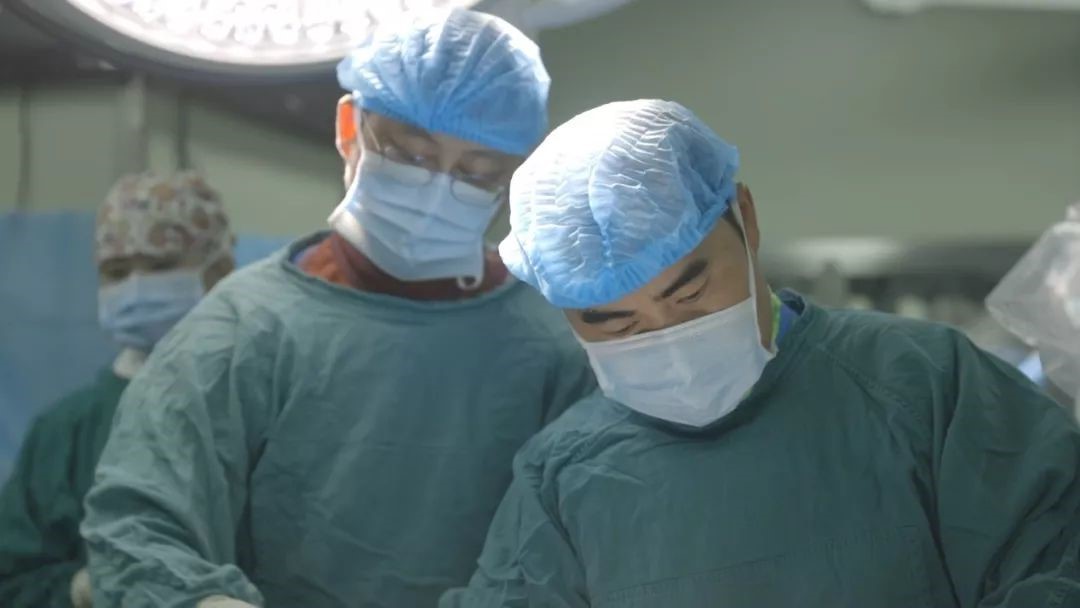
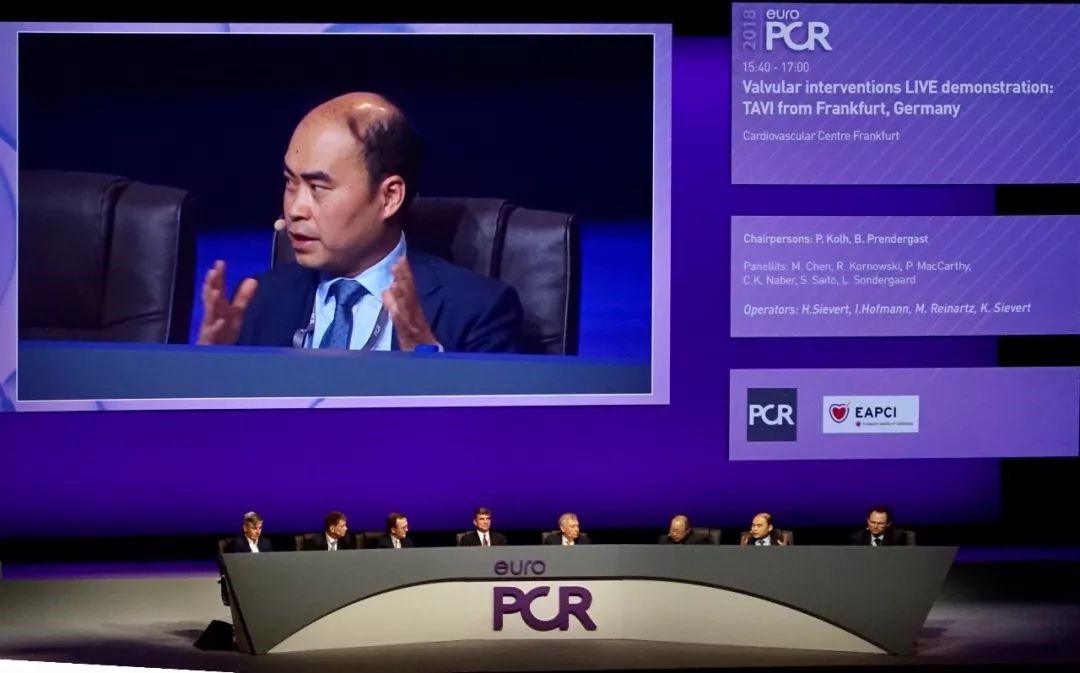
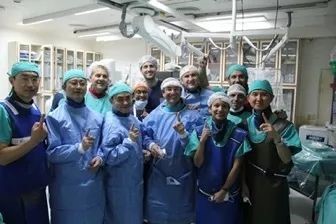
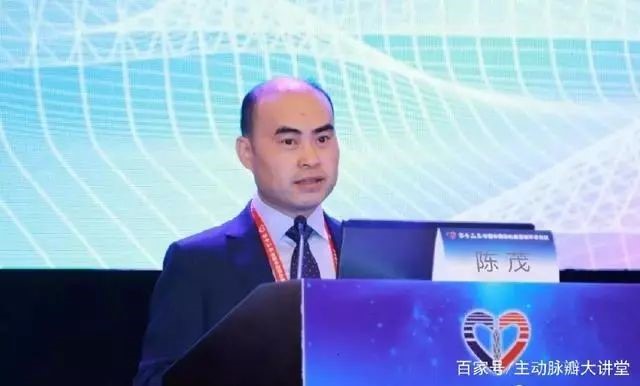
The team of minimally invasive treatment for cardiology vascular disease in West China Hospital led by Professor Chen Mao is one of the pioneers of minimally invasive treatment of Transcatheter Aortic Valve Implantation (TAVI) in China. Up to now, the team has completed more than 450 TAVI operations independently. It is one of the largest TAVI surgical centers in China, with more than 6 kinds of artificial valve application experience, and disease types covering of aortic stenosis and aortic regurgitation. Most of the patients in West China Hospital were super-aged and critically ill patients. After minimally invasive treatment of TAVI by the team, the symptoms were significantly reduced, and their survival rate ranks among the top in the world.
Based on the anatomical features of patients with valvular disease in China with high incidence of bicuspid and heavy calcification, the team summarized the TAVI treatment concept that is more in line with the characteristics of Chinese patients. The TAVI innovation was applied to the bicuspid and non-calcified aortic stenosis patients, which enjoys a high reputation at home and abroad. The team members have traveled to the United States, Canada, Australia and other countries and regions for exchange and study, established close cooperative relations with many heart centers at home and abroad, and constantly innovated and developed TAVI technologies in such cooperation and exchanges.


